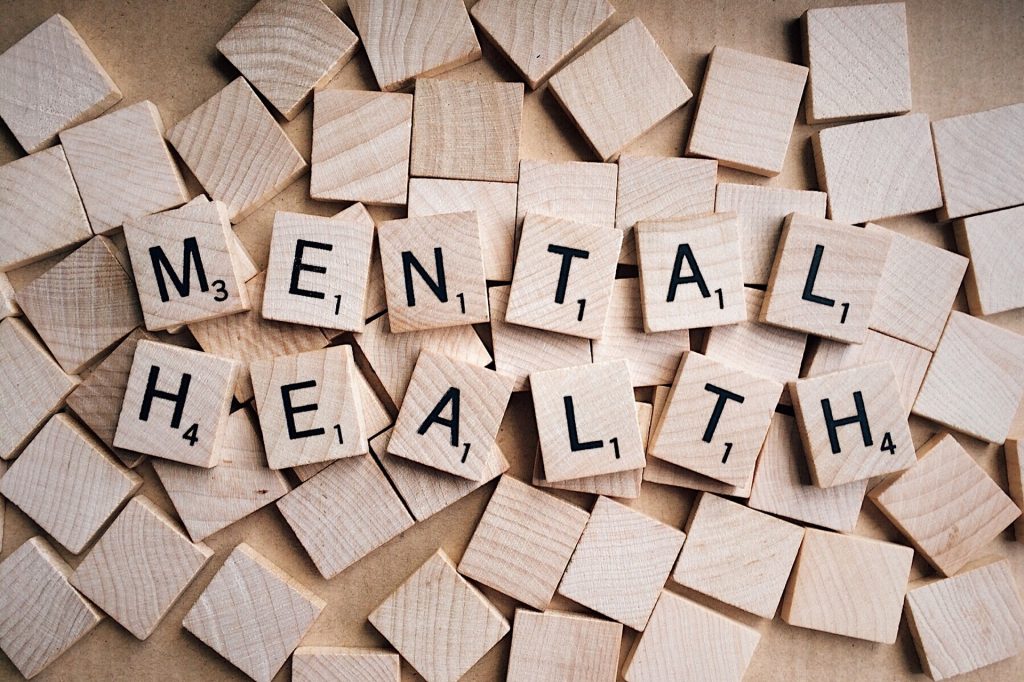
November is the time when the days start getting shorter and for a lot of us, this means our mood will also get worse. Late autumn/winter is one of the worst times of the year for those who suffer from conditions like depression. While the stigma surrounding mental illness seems to be diminishing, there is still an undeniable confusion and a lot of misconceptions that surround disorders such as anxiety and depression. Both of these disorders are fairly common, and yet they also seem to be the two most contested. Therefore, in anticipation of winter, I want to talk about what ‘good’ and ‘bad’ days really mean.
There seems to be a misconception that if you are suffering from a mental disorder and you are seen as experiencing what is thought of as a ‘good’ day, you cannot possibly be mentally ill. I have often fallen into this trap myself when I have experienced no usual symptoms of anxiety or depression for days and convince myself that perhaps I have never had anxiety and that I was simply overreacting. Of course, when a panic attack does happen, or I suddenly feel terribly low, I tend to feel even worse than usual because I told myself that I wasn’t suffering from those disorders at all and that I must have been faking it all along.
In reality, people suffering from conditions like anxiety and depression have both ‘good’ and ‘bad’ days. The ‘good’ days can be so glorious that you forget what it was ever like to have a ‘bad’ day – which makes the eventual crash so much more painful. Life is not inherently joyful or inherently miserable. For most of us, it is a mixture of both the good and the bad, the pleasurable and the painful. So why it is so difficult to believe that someone suffering from a mental disorder can have a good day and still be suffering from a disorder?
The ‘good’ days can be so glorious that you forget what it was ever like to have a ‘bad’ day – which makes the eventual crash so much more painful.
There is also a view, partially pushed by media representations of characters with anxiety or depression, that when you do suffer from these conditions, life is consistently full of tears and sadness. However, for many of us, who take medication to help control these conditions, or go to therapy to try and combat the effects of mental illness, ‘good’ days can be just as frequent as ‘bad’ days. Just because somebody who says they are suffering from depression is seen laughing, or posting photos on Instagram where they are all smiles, it does not mean they are lying about their condition. Depression and anxiety do not go away – they can be controlled, and subdued, but not eradicated. They do not vanish, but merely fade on the ‘good’ days. This concept appears to confuse people, and leads to accusations that people suffering from mental disorders are ‘faking’ their illness for attention. Not only is this hurtful, most of the time it is simply not true, and could cause the person suffering from low mental health to retreat and not ask anyone else for help, which, of course, is extremely damaging in the long run.
Consequently, in the upcoming weeks, we should all try and tell ourselves to give others the benefit of the doubt when they say they are suffering from a mental-health-related condition, because even if that person has always seemed like a happy person, they can still be suffering. Most of all, we should understand that people can have ‘good’ days even at the worst of times – do not assume that just because somebody appears to have a perfect life on social media, they have a perfect life behind the filters.
